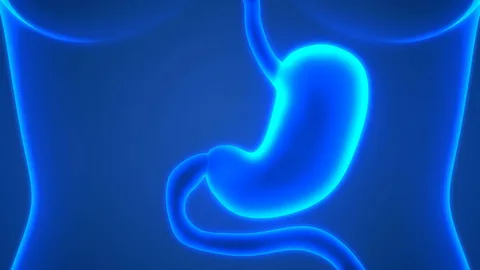If you’re considering weight loss surgery, understanding the full process from start to finish is essential. The Gastric Sleeve surgery has become a leading choice for many because of its effectiveness and safety profile. At the Torrance Bariatrics Institute, patients receive comprehensive care, guiding them through every step of this life-changing journey. This detailed guide explains what you can expect before, during, and after the surgery to help you prepare mentally and physically.
Before Surgery: Preparing Your Body and Mind
The journey to weight loss surgery begins well before the operating room. Preparation is a key factor in achieving successful outcomes.
Medical and Psychological Evaluations
Before approval for surgery, you will undergo a battery of medical tests to ensure you’re a good candidate. These typically include blood tests, cardiac screening, chest X-rays, and assessments of liver function. Because weight loss surgery impacts more than just the body, psychological evaluation is also critical. A counselor or psychologist will assess your mental readiness and help address any emotional challenges such as depression or eating disorders.
Nutritional Counseling and Pre-Op Diet
At Torrance Bariatrics Institute, nutritionists work closely with patients to prepare them for dietary changes. Usually, patients are placed on a high-protein, low-carbohydrate diet several weeks before surgery to reduce liver size and fat, making surgery safer and easier. This diet can also start retraining your eating habits.
Lifestyle Adjustments
You will also be advised to quit smoking and limit alcohol intake prior to surgery, as these can affect healing and increase complications.
During Surgery: What Happens in the Operating Room
The Gastric Sleeve procedure itself usually takes between 1 to 2 hours and is performed laparoscopically. This means surgeons make several small incisions in the abdomen, through which a camera and surgical tools are inserted.
The Surgical Procedure
The surgeon removes approximately 75-80% of your stomach, creating a narrow “sleeve” or tube-like structure. This smaller stomach limits the amount of food you can eat at once and reduces the production of ghrelin, the hormone responsible for hunger signals.
Safety and Anesthesia
You will be under general anesthesia during the entire procedure. Laparoscopic surgery is less invasive, leading to less pain and faster recovery compared to traditional open surgery.
After Surgery: Recovery and Lifestyle Changes
Recovery from gastric sleeve surgery is a process that involves physical healing and adapting to a new way of life.
Hospital Stay and Initial Recovery
Most patients stay in the hospital for 1-2 days. During this time, the medical team monitors vital signs, pain levels, and early food tolerance. You’ll begin with clear liquids and slowly advance to thicker liquids before discharge.
Diet Progression
Post-operative diet progression is crucial:
- Week 1: Clear liquids only, such as broth, water, and sugar-free drinks.
- Week 2-3: Transition to pureed foods like mashed vegetables and protein shakes.
- Week 4-6: Soft foods including scrambled eggs and cooked fish.
- After 6 weeks: Gradual introduction of solid foods, focusing on lean proteins, vegetables, and healthy fats.
Physical Activity and Exercise
Light walking should start soon after surgery to improve circulation and reduce the risk of blood clots. More vigorous exercise is gradually introduced as you heal.
Emotional and Psychological Adjustment
Many patients experience an emotional rollercoaster during recovery. It’s normal to feel excited about weight loss but also challenged by the lifestyle changes required. Support groups and counseling offered at Torrance Bariatrics Institute help patients cope with these changes.
Long-Term Success: Commitment Beyond Surgery
Weight loss surgery is a tool, not a cure. Long-term success depends heavily on lifestyle changes:
- Following a healthy, balanced diet
- Regular exercise
- Attending follow-up appointments
- Taking prescribed vitamins and supplements
- Monitoring mental health
Final Thoughts
The Gastric Sleeve surgery at Torrance Bariatrics Institute is more than an operation—it’s a comprehensive process involving medical care, nutritional guidance, emotional support, and personal commitment. Understanding what to expect before, during, and after surgery can empower you to make informed decisions and embrace your journey to better health with confidence.


